The thought of having to face a casting panel is intimidating and nerve-racking, especially for new actors. But if there’s something that all casting directors have in common, it’s that they want you to succeed. Casting directors are rooting for you and your performance. They’re hoping you come in prepared to make their search much easier.
Here are useful pieces of audition advice and acting tips from casting directors themselves. We hope you find actionable ideas from this list and start increasing your chances of being cast after reading the following pointers.
Audition and Acting Tips from Casting Directors
Tara Rubin of Tara Rubin Casting
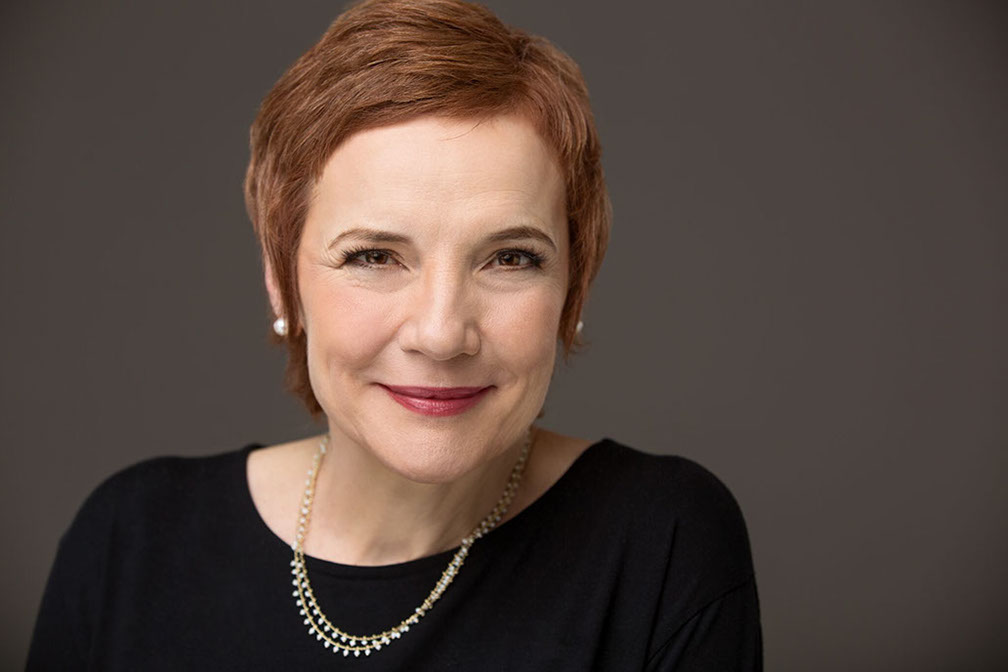 tararubincasting.com
tararubincasting.comTrain, train, train. “Read everything you can get your hands on and see every play you possibly can.”
Be patient. “Develop a strong sense of patience, because everything doesn’t always happen at the rate that you might wish. Think about other aspects of theater that might be exciting to do in addition to being an actor. I’m always excited to hear people say, ‘I took a year off and traveled, studied, or whatever.’ I think having a patient long view of things is a good thing for an actor.”
Kim Coleman of Kim Coleman Casting
Don’t beat yourself up. “There are a lot of other factors that go into casting a role. Maybe this role wasn’t for you, but you might be right for something else.”
Study and take classes. “Always continue to study and take classes; you need to make sure your instrument is well-tuned.”
Cammi Patton of Cammi Patton Casting
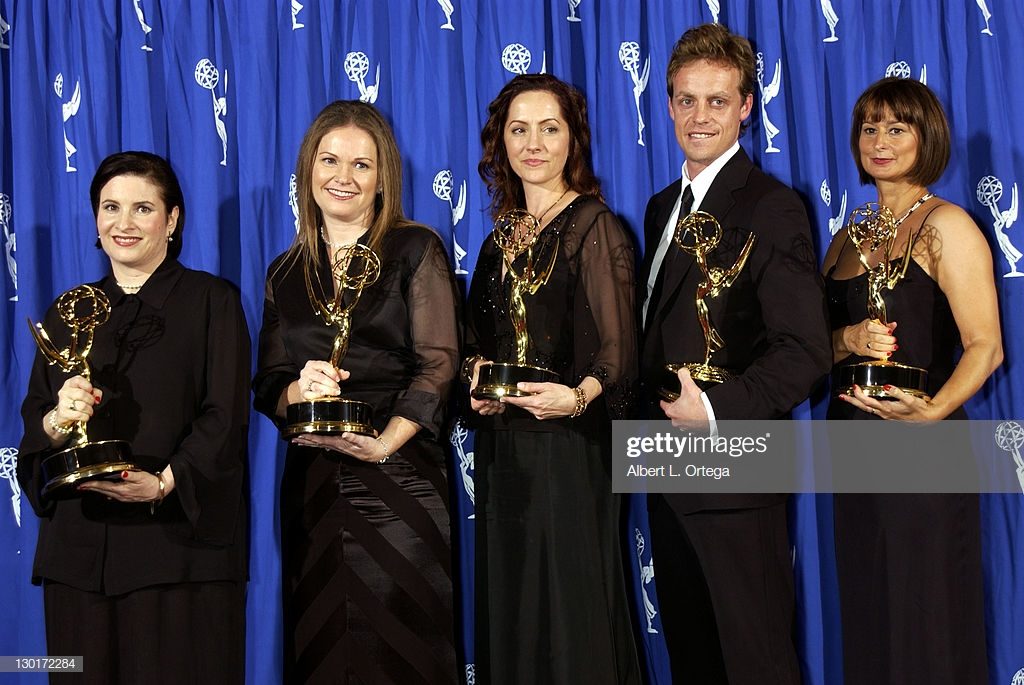 gettyimages.com
gettyimages.comListen. “From the second you walk in the door, be listening. It’s easy, with nerves, to get [so] in your head and concentrate on what you were planning to do that you’re not hearing the dialogue coming beforehand. It’s a tip-off that you’re not in the right place.”
Let the audition go afterward. “When you walk out of a room, let it go and don’t think about it again. Your job today is to go on your auditions and be as prepared and relaxed as you can. If you don’t hear back or you don’t get it, don’t sweat it. There’s so much out of your control; all you can control is what you do in that room.”
Stevie Ray of McGregor Casting
Stop blaming your agent. “Too many actors blame their agents for their lack of auditions. . . . When did you last update your showreel or headshot? How are your online casting profiles looking? When did you last take an acting class? You need to make your agent’s life easier by being a proactive actor. So stop sitting around and waiting for the phone to ring; go out there and take control of your own career.”
Keep things simple. “Actors need to stop trying so hard. Keep it simple and let your acting do the talking. This principle of keeping things simple actually applies to all areas of your acting and career. Are your casting profiles full of clutter and outdated? Simplify.”
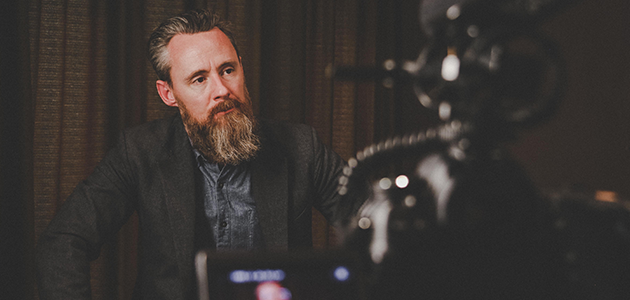 stagemilk.com
stagemilk.comDon’t hesitate to reach out. “I’m actually happy to receive emails from actors if they are genuine and valuable. Don’t just say hello. If you are working on a show and would like to invite casting directors along or have updated your showreel, you can definitely reach out. Every casting director is different, but how great is it to hear that a top CD is open to seeing your work!”
Make bold choices. “If you want to stand out in an audition, you have to inject into the character some of yourself, your ‘flavour.’ . . . Do you have a gut response about a script or character? Follow it. Make a choice rather than just playing it safe. But you then need to be flexible and open to the direction that a casting director will give you in the room.”
Linda Gillum of Remy Bumppo Theater
Identify your initial trigger. “What is the trigger that provokes you to speak? The monologue does not start with the first line; it starts with a first action.”
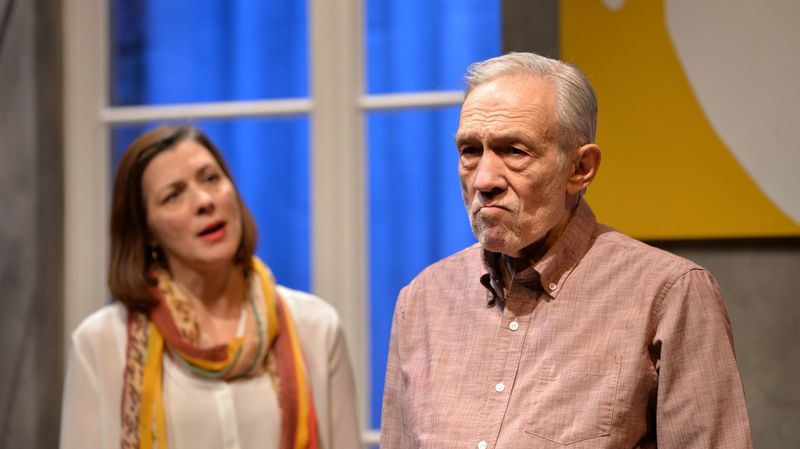 chicagotribune.com
chicagotribune.comBreak your moment into four beats. “(1) See the person you’re talking to. Make them specific. (2) Hear what they say or see what they do. What is that trigger that provokes you? (3) React. What they say or do should surprise you. (4) Speak. Say your first line as a response to beat # 2.”
Take advantage of your monologue’s discoveries. “What is a new thought? New info? Either internally from yourself or externally from the other person(s). What are the ‘aha’ lightbulb moments? You should be in the moment, let the piece surprise you, it shouldn’t be the same every time. Discoveries prevent the monologue from being a planned speech; otherwise, you might as well be reciting the Gettysburg Address!”
Adam Belcoure of The Goodman Theatre
Focus on the text and your partner. “Make sure that your objective and all actions are taken from the text and focused on your partner. Not for the sake of the audition.”
Motivate your partner. “Remember to endow your partner with the ability to affect you.”
Choose the right audition material. “Choose material that you could be cast in today.”
Love the selection. “Love working on it and love doing it.”
Erica Sartini of The Goodman Theatre
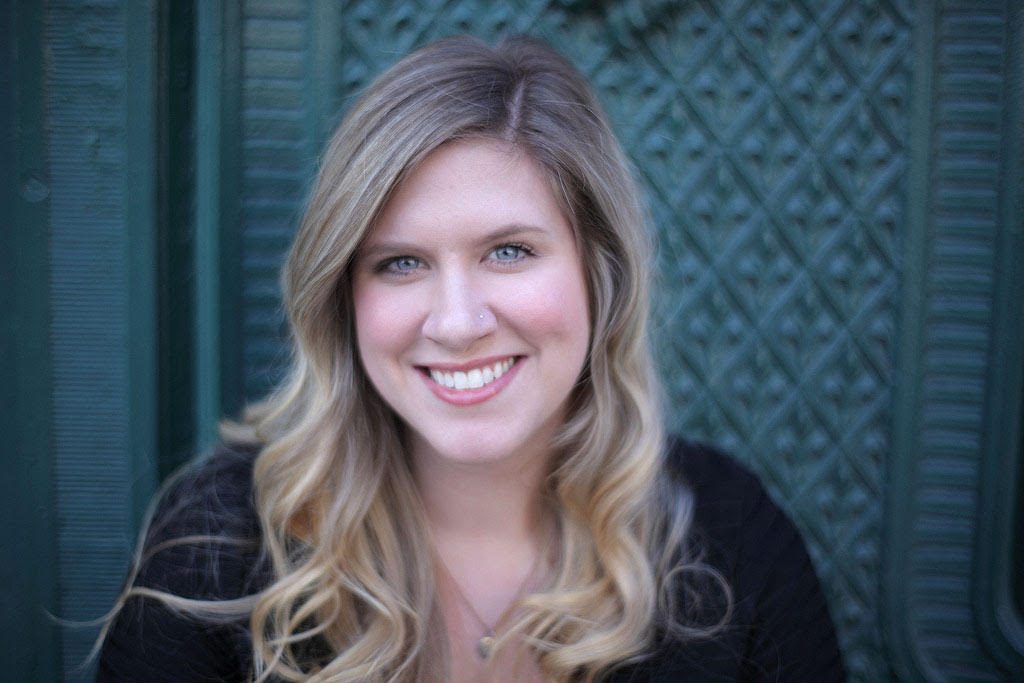 fempresario.wordpress.com
fempresario.wordpress.comUse an active piece. “I would recommend using a piece that is active and has some moment of change for the character, but do avoid extreme emotion pieces.”
Choose a piece appropriate for your experience. “I also think it is important to choose a piece that is reflective of your access point into the theatre scene. In other words, if you are 20 something, do not choose a monologue written for someone with the experience of a 50-year-old, even if you played those roles in college. For me personally, a strong introduction to an actor’s work through a monologue is when the piece is more in line with your age and experiences. It helps actors simply bring more of themselves to their work.”
Bob Mason of Chicago Shakespeare Theatre
 actorstrainingcenter.org
actorstrainingcenter.orgSelect a monologue that has discovery. “If you begin your monologue sullen and angry and end your monologue sullen and angry, you have not shown me many sides of yourself, and more than likely cheated the playwright by over-simplifying his work. The best monologues involve a character in the process of discovery, realization, and change because it is active (and it helps you from going to a general emotional place). I want to see your character think and be surprised.”
Start your moment before actually performing. “I don’t know what is about the floor, but actors often start their moment before by staring at it. Put the stimulus you are responding to slightly above our heads.”
Now, you have an acting tips from casting directors. Good luck and have fun!